April 2022 Updates
-
Ways To Invest
Investment Methods Of Accessing & Investing Capital
HELOC, LOC, Cash
Retirement Savings Plan:
RRSP’s, TFSA’s, RESP, RRIF, LIRA
The process itself is relatively simple, bearing in mind the actual components of protection, trust and security are not. The monies from these accounts can be used towards purchases with a third party such as ourselves or any other real estate investment group without the need to withdraw them, thus, triggering the need to pay taxes. The act of investing with these types of retirement savings plan accounts is done so through transferring the RSP to a self directed account in a trust company. The actual terms, limits, investment and agreements are made between yourself and the investment group or individual… we will discuss more in our next edition.
-
2022 Federal Budget
What are the key items?
Tnks to our group and the many perspectives & opinions, here’s what those proposed changes are:
Tax-Free First Home Savings Account. This budget proposes a new registered savings vehicle for eligible first-time homeowners: the Tax-Free First Home Savings Account (FHSA). The FHSA will give first-time home buyers the ability to save up to $40,000. This account will be unique in that contributions will be tax deductible—similar to a registered retirement savings plan (RRSP)—but qualifying withdrawals (including investment earnings) will be non-taxable—similar to a tax-free savings account (TFSA). Amounts withdrawn to make a qualifying first home purchase won’t be subject to tax; however, amounts that are withdrawn for any other purpose will be taxable.
First-Time Home Buyer’s Tax Credit. For qualifying homes purchased on or after January 1, 2022, the First-Time Home Buyer’s Tax Credit (HBTC) is proposed to double—to $10,000. The increased credit would provide up to $1,500 in direct support to first-time home buyers. Spouses or common-law partners can split the value of the credit as long as the combined total doesn’t exceed $1,500 in tax relief. The HBTC eligibility requirements remain the same.
The budget proposes a new refundable tax credit: the Multigenerational Home Renovation Tax Credit, which will provide up to $7,500 in support for constructing a secondary suite for a senior or an adult with a disability (so they may live with a qualifying relation). Starting in 2023, this refundable credit would allow families to claim 15% of up to $50,000 in eligible renovation and construction costs incurred to construct a secondary suite. the Home Accessibility Tax Credit is a non-refundable tax credit that provides recognition of eligible home renovations for an eligible dwelling of a qualifying individual. The value of the credit is 15% of the lesser of eligible expenses and $10,000. Budget 2022 proposes to increase the annual expense limit of this tax credit to $20,000. This measure would apply to expenses incurred in 2022 and subsequent taxation years.
Anti-flipping measures. Also proposed are new deeming rules on residential property flipping. Any person who sells a residential property they’ve held for less than 12 months would be considered to be flipping properties and be subject to full taxation of their profits as deemed business income (i.e., instead of a capital gain) and the principal residence can’t be claimed. Exemptions would apply for dispositions due to certain circumstances, which can include death, disability, serious illness, the birth of a child, change in employment or work location, insolvency, separation, or divorce. Where the new deeming rule doesn’t apply, it remains a question of fact whether profits from the disposition are taxed as business income. These anti-flipping measures will apply to residential properties sold on or after January 1, 2023.
My opinions:
First and foremost, we have to understand, these are prospective initiatives being launched, they’re ultimately proposals. Until we have absolute approvals & further implementation, there’s no sense being concerned or fearful.
We have to remain both fluid and adaptable, this is another example.
While the headlines display potential concerns it’s not all bad, most investors have corporations (protection from the anti flipping tax) & they’re proposing incentives for new construction.
Does this affect us as investors? Not at all, in fact it helps!
The government will always support developers and investors as it fuels the economy, provides safe and affordable housing and ultimately, increases revenue for the government. The headlines will suggest the opposite but when you look deeper, we’re incentivized. Do not be fearful.
